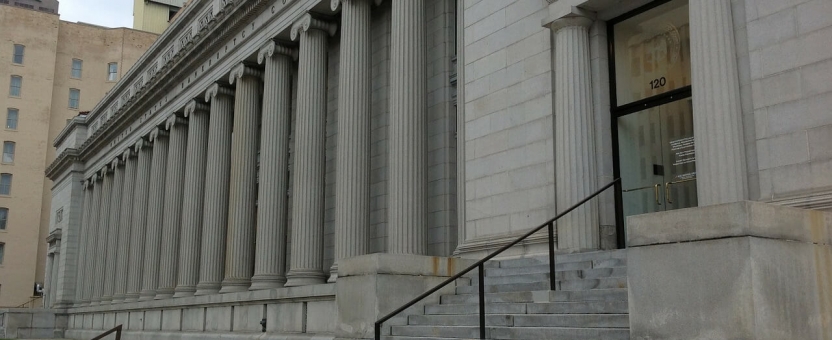Approximately 15 million civil cases are filed each year in the United States. The purpose of filing a civil case is to seek an award, often money, for “torts” or harms suffered by an individual, group, business or organization from an individual, group, business, or organization. Awards or “damages” can either be compensatory, reimbursing you for an amount lost, and/or punitive, to punish the offender and prevent them from harming again. Civil cases may be more likely than criminal cases to result in an award since evidence of intentional harm is not necessary and only a “preponderance of the evidence” is required. In criminal court, a case must be proven beyond a reasonable doubt.
Even if you have never been a party to a civil case, you are impacted everyday by judgments that subtract from your paycheck. For example, medical malpractice awards drive up the cost of insurance for doctors, increasing your personal co-pays and healthcare costs and reducing the number of physicians willing to practice in high-risk areas. Additionally, product liability damages, for example, increase your retail cost as a consumer. All award costs ultimately get passed down to you, increasing your daily cost of living with little to no increase in protection from harm. Total awards in civil cases can run into the millions of dollars, but the average award for wins in civil cases is about $20,000.
For years the Foundation has been monitoring and joining cases whose verdicts can make a significant difference on the civil system. Plaintiffs are often incentivized to eliminate limits on judgments because plaintiffs’ lawyers generally get paid a large contingency fee and seek to maximize jury awards and their resulting legal fees. This is in reality a transfer of wealth from the defendants (generally businesses) and their insurance companies to the plaintiff’s attorneys, who neither produce goods nor develop innovations for Americans. Awards and the legal costs of defending cases are passed down to the consuming public, making goods and services more expensive. In practical terms, Americans are paying the cost of excessive jury awards.
We should be clear that wrongs need to be righted, and often the resolution does require a monetary payment, but the current system puts money in the wrong hands and the motivation is often less than altruistic. When attorneys receive a fee of 30% or higher of any award granted, this incentivizes them to seek the greatest monetary award possible, not only for their client, but for themselves. With a single client, this may not matter as their client would still be obtaining 70% of the award, but in class action lawsuits with hundreds of clients arguing a case against multi-million dollar corporations, the attorney could receive millions while the clients receive pennies on the dollar. Furthermore, the monetary awards may have little, if any, effect on future actions or the safety of consumers. Additionally, damages, particularly punitive or compensatory damages for pain and suffering, are often awarded arbitrarily. Most cases are settled out of court and the terms often remain private, limiting the degree to which all Americans can benefit from knowledge as to the outcome or increased safety.
AEF is dedicated to maintaining the integrity of the judicial system and we welcome your support in this mission.



